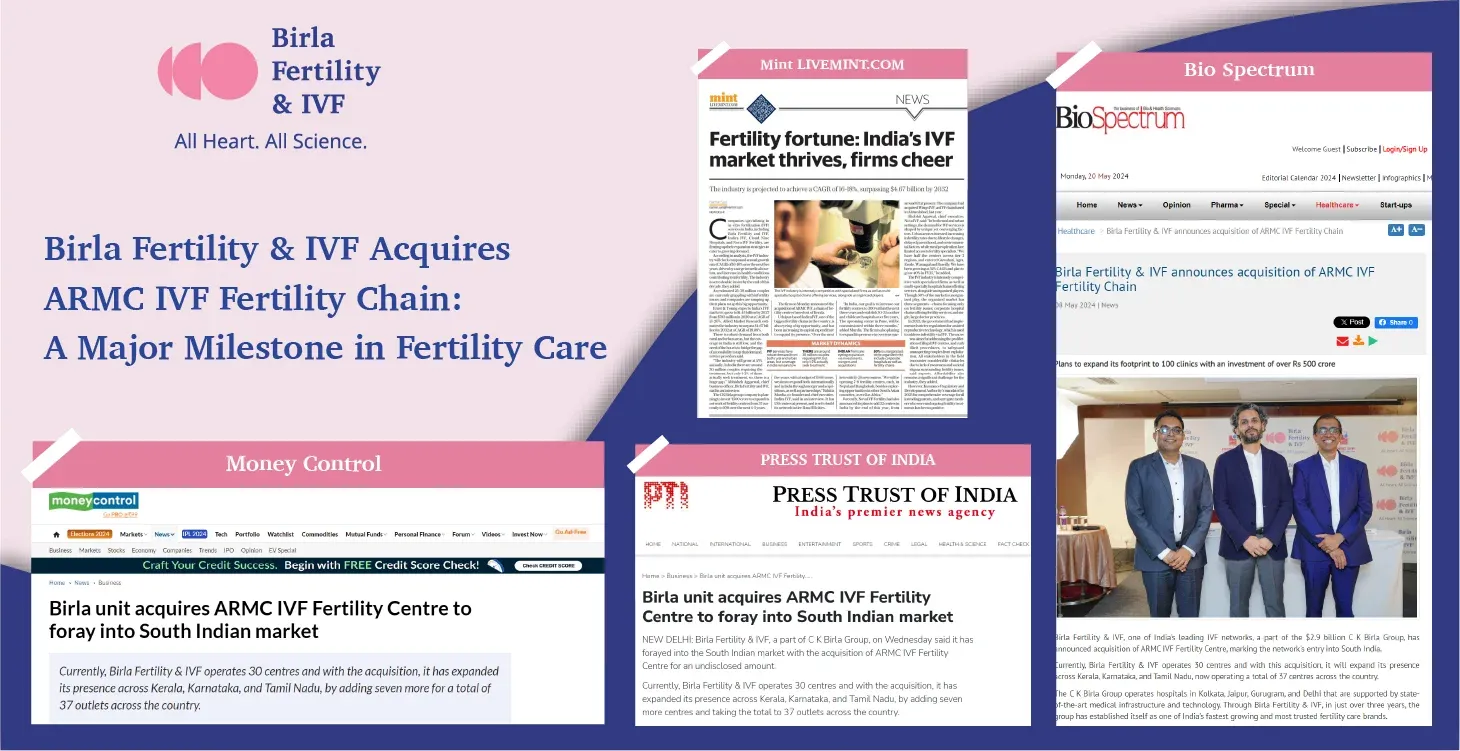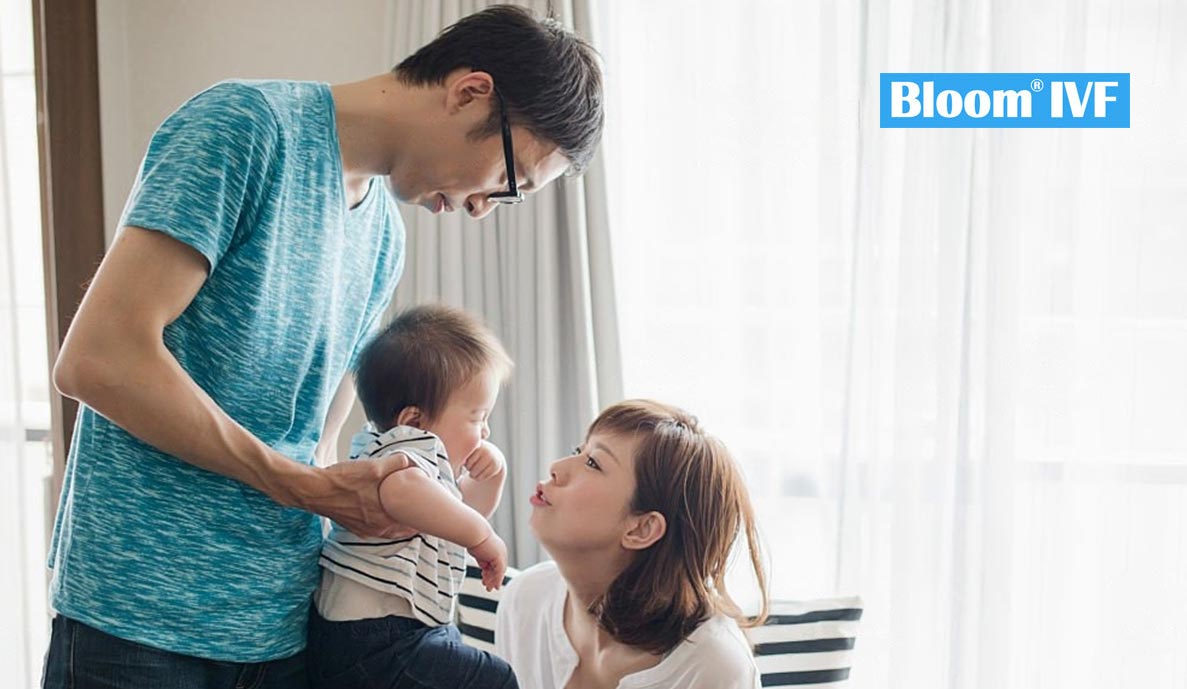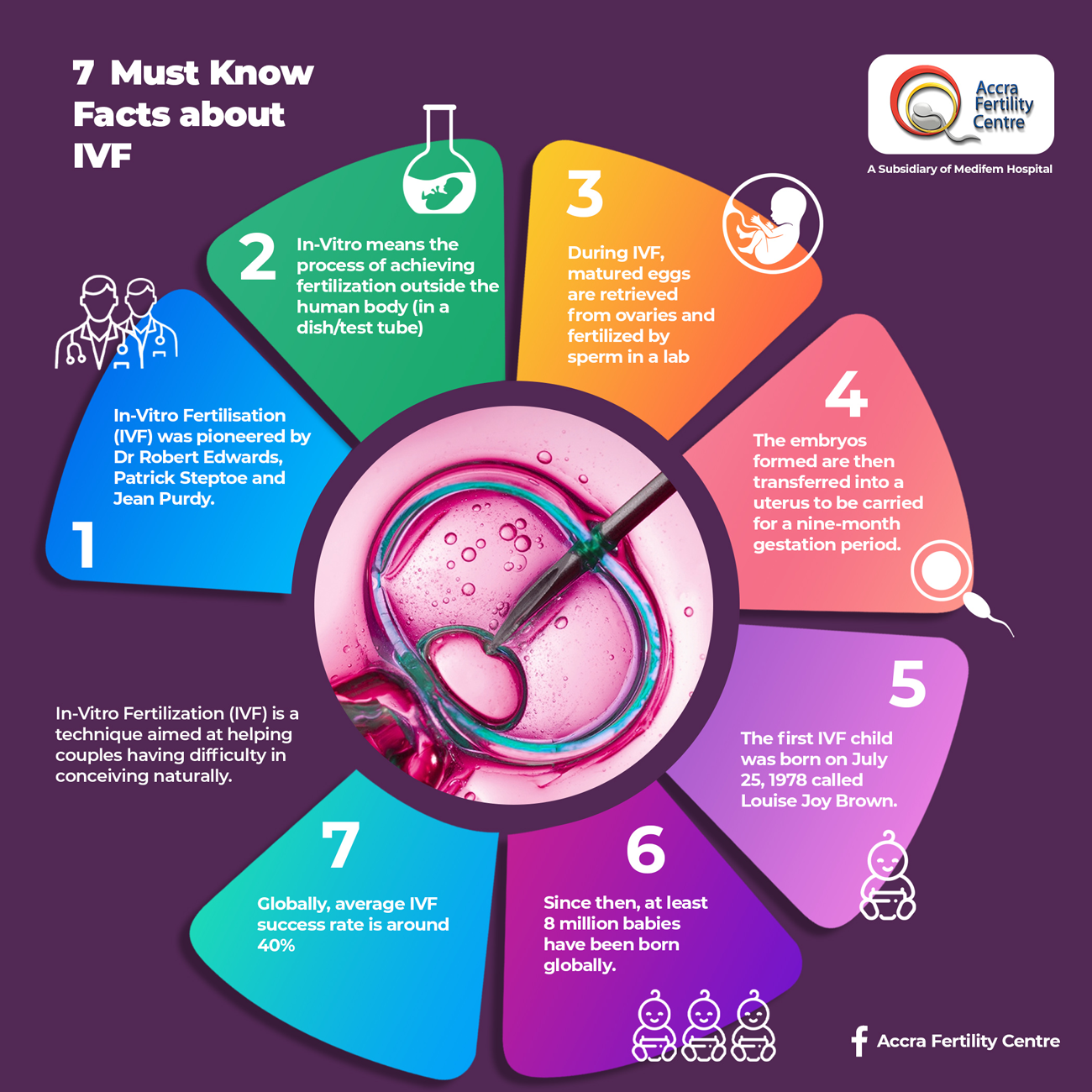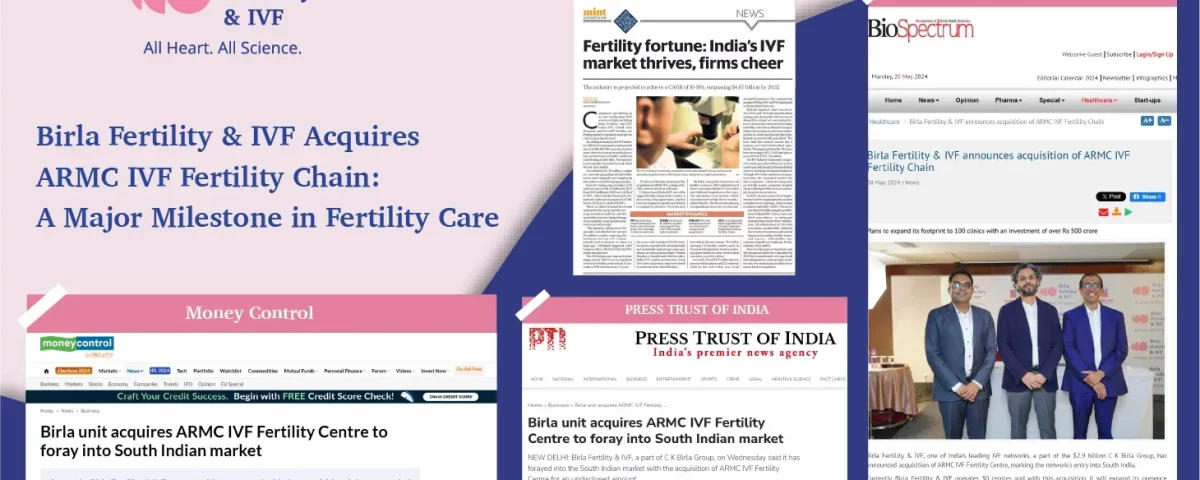
Does Blue Cross Blue Shield Insurance Cover IVF?
April 14, 2025Fertility and IVF in South Asians: Breaking the Silence with Facts, Stories, and Solutions
Fertility struggles are tough for anyone, but for South Asians, they often come with extra layers of secrecy, stigma, and surprises that many don’t see coming. Whether it’s the pressure to have kids right after marriage or the hush-hush attitude around infertility, South Asians face unique challenges when it comes to starting a family. And when IVF (in vitro fertilization) enters the picture, things get even more complicated—sometimes in ways you wouldn’t expect. Did you know South Asian women might need more time and money for IVF to work compared to others? Or that some turn to secret remedies before even seeing a doctor? This isn’t just about science—it’s about culture, hidden struggles, and the little-known quirks that make this journey so personal.
In this deep dive, we’re pulling back the curtain on fertility and IVF for South Asians. We’ll explore why infertility hits this community differently, how IVF outcomes stack up, and what you can do to boost your chances. Expect real stories, fresh research, and tips you won’t find in every article out there. Let’s get started!
Why Fertility Feels Different for South Asians
South Asians—people with roots in India, Pakistan, Bangladesh, Sri Lanka, and Nepal—often grow up with big family dreams. Kids aren’t just a bonus; they’re a must in many households. But what happens when those dreams don’t come true as planned? Here’s why fertility isn’t just a medical issue for South Asians—it’s a cultural rollercoaster.
The Pressure to Pop Out a Baby (Like, Yesterday)
In South Asian culture, getting married often comes with a built-in timer: “When’s the baby coming?” Aunties at weddings start asking before the cake’s even cut. For many couples, there’s no “let’s wait a few years” option—it’s go time. This rush isn’t just annoying; it can make infertility feel like a personal failure.
- Real Talk: A 2021 study found that 15% of South Asian couples try alternative treatments—like herbal teas or spiritual healers—before seeking medical help, delaying proper care by months or even years.
- Why It Matters: Waiting too long can lower your odds of success, especially with IVF, since age is a huge factor.
The Stigma That Keeps Us Quiet
Infertility isn’t exactly dinner-table talk anywhere, but in South Asian communities, it’s practically taboo. Women often get the blame, even if the issue’s with their partner. Ever heard someone whisper, “She can’t give him a son”? That’s the kind of gossip that keeps people from opening up.
- Secret Struggles: One woman, Priya (not her real name), told me she hid her IVF treatments from her in-laws for two years. She’d sneak to appointments and cry alone in her car afterward—nobody knew.
- The Emotional Toll: Keeping it hush-hush adds stress, which studies show can mess with your hormones and make conceiving even harder.
Fun Fact: We’re Obsessed with Boys
Here’s a quirky tidbit: in some South Asian families, it’s not just about having a kid—it’s about having a boy. This preference isn’t as loud as it used to be, but it still lingers. Couples might feel extra pressure to keep trying (or tweak IVF) for a son, even if it’s not medically necessary.
- What Fans Want to Know: Did you know some South Asians ask IVF clinics about gender selection? It’s not always legal, but the curiosity’s there!
IVF and South Asians: What’s the Deal?
IVF is like a science-fiction movie come to life—eggs and sperm meet in a lab, and bam, you might get a baby. But for South Asians, this high-tech fix doesn’t always work the same way it does for others. Let’s break down the numbers, the science, and the surprises.
Are South Asians Less Lucky with IVF?
Here’s the scoop: South Asian women don’t always get the same IVF success rates as Caucasian women. It’s not because they’re “broken”—it’s biology and timing playing tricks.
- The Stats: A 2016 study from Stanford University showed that South Asian women had a 31% live birth rate with fresh IVF cycles, compared to 48% for Caucasian women. But with frozen cycles? The gap closes—success rates even out.
- Why It Happens: Experts think it’s tied to how South Asian bodies respond to the drugs that kickstart egg production. It might take more rounds (and more cash) to get there.
PCOS: The Sneaky Trouble Maker
Polycystic Ovarian Syndrome (PCOS) is like the uninvited guest at the fertility party, and South Asians get hit with it a lot. It’s a condition where your ovaries make too many hormones, messing up your cycles and egg quality.
- Science Says: South Asian women with PCOS often have higher insulin and testosterone levels than Caucasian women, making IVF trickier. One UK study found they’re 2.5 times less likely to get pregnant per cycle.
- Fan-Favorite Fact: PCOS isn’t just about fertility—it can also mean more facial hair or acne, which some South Asian women quietly battle while trying to conceive.
Age and Waiting: The Silent Clock
South Asians often wait longer to see a fertility doctor. Why? Blame the stigma, the hope that “it’ll happen naturally,” or those secret herbal fixes. But here’s the catch: the older you get, the tougher IVF becomes.
- Numbers Don’t Lie: Women over 35 have a steeper drop in egg quality. For South Asians, who might delay help until their late 30s, this can mean fewer eggs to work with during IVF.
- Pro Tip: Don’t wait! If you’re under 35 and trying for a year—or over 35 and trying for six months—see a specialist ASAP.

Hidden Struggles South Asians Face with IVF
Beyond the science, there’s a whole world of private battles South Asians deal with during IVF. These aren’t in every blog post, but they’re real—and fans love the inside scoop.
The Money Pit Nobody Talks About
IVF isn’t cheap—think $12,000 to $20,000 per cycle in the U.S. For South Asians, who might need extra rounds, it’s a wallet-buster. And insurance? Good luck—many plans don’t cover it.
- Real-Life Twist: Meet Anika, a 34-year-old from California. She and her husband spent $50,000 on three IVF cycles, dipping into savings meant for a house. “We didn’t tell anyone,” she said. “It felt like gambling.”
- Hack: Look for clinics with payment plans or grants—some even offer discounts for South Asian patients.
Food, Faith, and Fertility Fixes
South Asians love their traditions, and that spills into IVF. Some swear by turmeric milk or prayers at the temple to “boost” their chances. Others avoid spicy food during treatment, thinking it’ll “heat up” their body too much.
- Weird but True: A friend’s mom told her to eat pomegranate seeds every morning during IVF because “it’s good for the womb.” No science backs this, but it’s a sweet ritual!
- What Works: A balanced diet with protein and veggies beats old wives’ tales. Skip the superstitions—focus on fueling your body.
The Mental Marathon
IVF is a mind game—hope one day, heartbreak the next. For South Asians, add family pressure and silence, and it’s a recipe for burnout.
- Expert Insight: Dr. Nidhee Sachdev, a fertility specialist, says, “South Asian patients often feel isolated because they don’t talk about it. That stress can make the process harder.”
- Coping Tip: Journaling or joining an online South Asian fertility group can lighten the load. You’re not alone!
Boosting Your IVF Odds: South Asian Edition
Ready to take control? Here’s how South Asians can stack the deck in their favor with IVF. These tips mix science, practical moves, and a little cultural flair.
Know Your Body (and Your Partner’s!)
Step one: get the facts. Fertility isn’t just a “woman’s issue”—men play a big role too.
- Checklist:
- ✔️ Women: Test for PCOS, egg count (AMH), and hormone levels.
- ✔️ Men: Get a semen analysis. South Asian men sometimes have higher rates of varicocele (swollen veins in the scrotum) that hurt sperm quality.
- Action Step: Book a joint appointment with a fertility doc. It’s a team sport!
Timing Is Everything
Don’t let stigma slow you down. The earlier you start, the better your shot.
- Frozen vs. Fresh: Studies show frozen embryo transfers work better for South Asians—higher success rates and less stress on your body.
- Quick Guide:
- Try naturally for 12 months (or 6 if over 35).
- See a doctor if nothing’s happening.
- Ask about freezing embryos early—it’s like a backup plan.
Lifestyle Hacks That Actually Work
Your daily habits can tip the scales. South Asians, listen up—these tweaks are gold.
- Do This:
- ✔️ Eat more lentils and greens—high in folate, great for eggs and sperm.
- ✔️ Walk or do yoga 30 minutes a day—stress less, conceive more.
- Skip This:
- ❌ Smoking or vaping—huge fertility killers.
- ❌ Too much chai—caffeine can mess with your cycle.
The Latest Research: What’s New for South Asians in 2025?
Science keeps moving, and 2025’s got some fresh updates for South Asians chasing IVF dreams. Here’s what’s hot off the press.
Frozen Embryos Are Winning
New data backs up what we hinted at: frozen embryo transfers (FET) are a game-changer for South Asians. A 2024 study found FET boosts live birth rates by 10-15% compared to fresh cycles for this group.
- Why It’s Big: Less hormone overload, better timing for your uterus. It’s like giving your body a breather.
Genetic Testing Gets Personal
Ever heard of PGT (preimplantation genetic testing)? It’s when they check embryos for glitches before implantation. South Asians are jumping on this trend.
- Cool Fact: Some clinics now tailor PGT for genes common in South Asians, like those linked to PCOS or early menopause.
- Expert Quote: “PGT can cut miscarriage rates in half for high-risk groups,” says Dr. Eve Feinberg from Northwestern Medicine.
Affordable IVF on the Horizon?
Cost is a buzzkill, but 2025 might bring relief. Pilot programs in India and the U.S. are testing “mini-IVF”—lower drug doses, simpler process, half the price.
- Early Win: One clinic in Mumbai reported a 25% success rate with mini-IVF for under $5,000. Not perfect, but promising!

Real Stories: South Asians Who’ve Been There
Nothing beats hearing from people who’ve walked the IVF path. These South Asian voices spill the tea on what it’s really like.
Priya’s Rollercoaster Ride
Priya, 36, from New Jersey, went through four IVF cycles. “The first two failed, and I thought it was my fault—too much stress, not enough prayers,” she said. Frozen embryos saved the day—her son’s now 2.
- Her Tip: “Talk to someone. I wish I’d told my sister sooner.”
Rohan’s Wake-Up Call
Rohan, 39, from Toronto, assumed infertility was his wife’s issue. A semen test showed low sperm count from years of smoking. “I quit cold turkey,” he laughed. After treatment, their twins arrived via IVF.
- His Hack: “Guys, get checked. It’s not just her.”
Busting Myths South Asians Believe About IVF
Let’s clear the air—some ideas floating around South Asian circles are flat-out wrong. Here’s the truth.
Myth: IVF Babies Aren’t “Normal”
Nope! IVF kids are just as healthy as naturally conceived ones. Studies show no big differences in growth or smarts.
- Fun Fact: Over 8 million IVF babies have been born worldwide since 1978. They’re everywhere!
Myth: IVF Is Against Religion
Not true for most faiths. Hindu, Muslim, and Sikh leaders have okayed IVF as long as it’s within marriage and uses the couple’s own eggs and sperm.
- Ask Around: Chat with your priest or imam if you’re unsure—they’re cooler with it than you think.

Your Next Steps: A South Asian IVF Game Plan
Ready to roll? Here’s a step-by-step guide tailored for South Asians to kickstart your IVF journey.
Step 1: Find Your People
- Who: A fertility doc who gets South Asian challenges—bonus if they speak your language.
- How: Ask friends quietly or search online for clinics with good reviews.
Step 2: Test and Talk
- What: Blood tests, ultrasound, semen check—get the full picture.
- Why: Knowing your starting point helps pick the best IVF plan.
Step 3: Plan Your Money and Mind
- Money: Save up, look for loans, or check mini-IVF options.
- Mind: Find a support buddy—cousin, friend, or online group.
Let’s Chat: Your Turn to Share
This isn’t just a read-it-and-forget-it deal—we want to hear from you! South Asians have stories, questions, and tips that can light the way for others.
- Questions for You:
- What’s the weirdest fertility advice you’ve gotten from family?
- How do you deal with the pressure to keep it secret?
- Join In: Drop a comment below or hit us up on social media. Let’s break the silence together!
